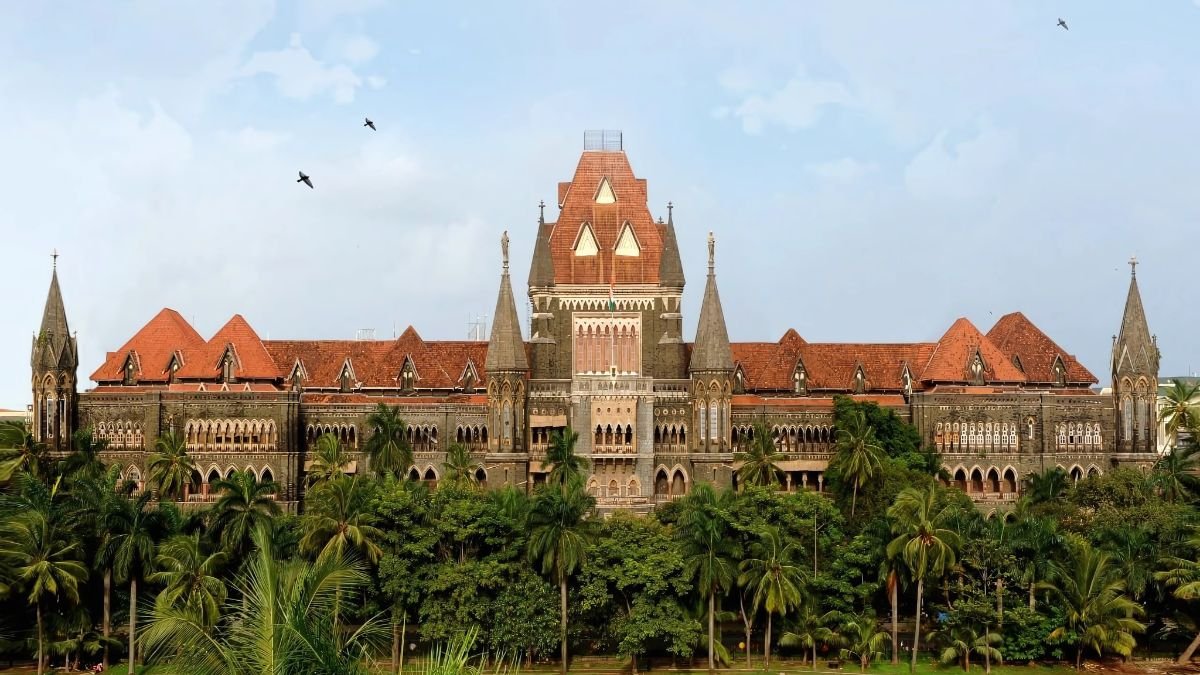The provision of compassionate appointment in government services comes as a relief to those families who lose their earning member during service. But when the same assistance is hindered under the guise of rules and a strict policy is implemented even in sensitive situations, it is natural to question the concept of justice. One such case has come to light in the Chandrapur district of Maharashtra, in which a son sought compassionate appointment after the death of his teacher father, but he was not given this right due to an old order of the government. The reason given for this was that his father’s third child was born after 31 December 2001, which became an obstacle to compassionate appointment as per a specific policy of the government.
The basic concept of compassionate appointment and changes made in it
The Maharashtra government implemented a scheme of compassionate appointment on 26 October 1994, the objective of which was to provide a job to a relative to provide financial support to the family of any government employee in case of his death during service. This scheme was considered a commendable step in its time, which supported thousands of families in times of difficulty. But an important amendment was made in this scheme through a government resolution on 28 March 2001, in which a provision was added that if the third child of the deceased employee is born after 31 December 2001, then that family will not be given the benefit of compassionate appointment. This amendment was brought in a way with the aim of promoting the population control policy, but it affected many innocent families, who were affected without any prior information about it.
Family situation of the petitioner and the step taken towards justice
The center of this entire controversy is a petitioner whose father was appointed to the post of assistant teacher in 1988 and died suddenly on 14 March 2009. The financial condition of the family was already weak, and the death of the father made their life more of a struggle. The petitioner applied for compassionate appointment on 7 December 2009, but it was rejected, saying that the application was not made within the time limit (one year). In protest against this, the petitioner filed a petition in the High Court, in which, on 26 August 2022, the court made it clear that the petitioner should be included in the eligibility list.
After this, the name of the petitioner was placed second on the waiting list, which made it seem that now the way for his appointment had been paved. But soon after this, a report of the Block Development Officer described the financial condition of the family as ‘deplorable’ and also stated that the petitioner’s brother is disabled and the sister is suffering from a serious disease like sickle cell anemia. Despite this, the District Council again rejected the appointment on 21 March 2023, saying that the third child of the deceased employee was born after 31 December 2001, which makes the petitioner ineligible for appointment under this scheme.
Review of the policy from a legal and ethical perspective
In this case, the petitioner has challenged the government resolution of 28 March 2001. He argued that this resolution cannot be applied to employees who were already in service, especially those who are covered under the original scheme of 26 October 1994. The petitioner also argued that the ‘Maharashtra Civil Services (Declaration of Small Family) Rules 2005’ were implemented from 28 March 2005, and before that there was no clear direction that all employees have to declare a small family. Therefore, applying the 2001 resolution to families who gave birth to a third child at or around that time cannot be said to be justified.
The petitioner also pointed out that in the 2001 government resolution, there was an exemption that if the child was conceived 9 months before that cutoff date (31 December 2001), then it will not be subject to ineligibility. But in reality, it is almost impossible to prove and prove this, many eligible families are deprived of their rights due to this policy.
Comparison with other laws and strength of argument
The petitioner argued, citing the example of Article 14(1)(J-1) of the Maharashtra Gram Panchayat Act, 1959, that there is a provision for disqualification for panchayat membership in case of having more than two children, but a clear ‘provision’ has also been given in it that if the child is from the same birth and is born within one year from the date of implementation of the amendment, then it will not be taken into account. Why such a facility was not given in this case becomes a big question.
Ignoring the human aspect while making policy
It is clearly evident that when a government implements a policy that takes away rights from its citizens, they should get information about it in advance and a reasonable time limit so that they can take appropriate decisions. To deprive a family that is already suffering from untimely death and poverty just because a child was born a few days after the policy is not only harsh but also against human values.
Conclusion: The spirit of the policy must be inclusive and just.
This case shows how a harsh, one-sided policy, if implemented without flexibility and prior notice, can make those who are already suffering in life suffer. The petitioner and many families like hers who are connected with employees who were already in government service have faced injustice due to this policy. In such a situation, the government should review this policy and make necessary amendments to it so that the objective of the policy remains intact but at the same time those who fall around such borderlines can get justice. The objective of the law should not only be to enforce it but also to maintain social balance and compassion.
